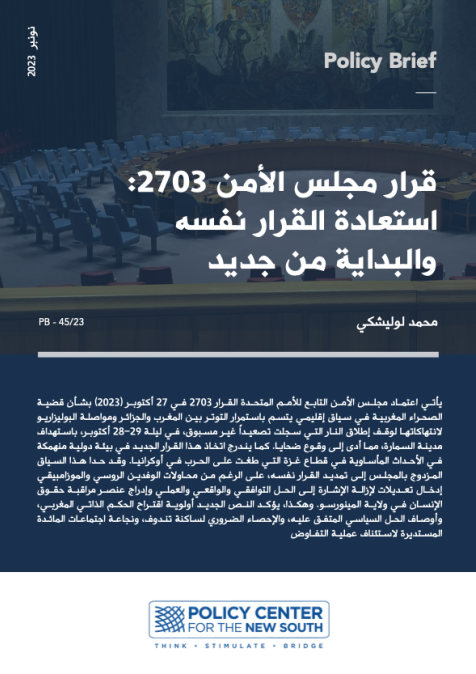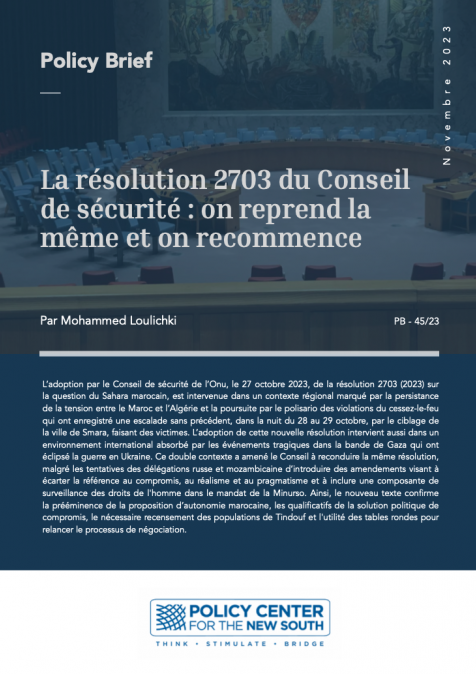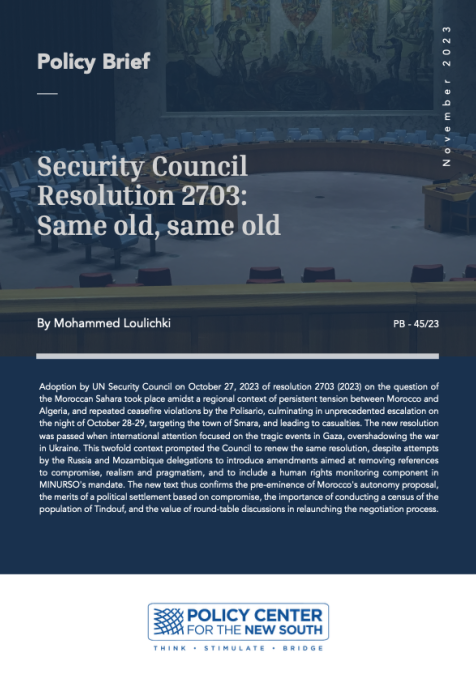Publications /
Research Paper
The right to self-determination was recently posited as one possible jus cogens norm. However, more than fifty years after jus cogens emerged in 1969, a standard test for identifying a norm as jus cogens has yet to be adopted. In 2019, the International Law Commission adopted the Draft Conclusions on jus cogens, together with the list of possible jus cogens norms . If the possibility of being shown to be false is not admitted when identifying a jus cogens norm, however, the identification would not be justified. For that matter, the test of non-derogation and modification clauses for identifying a norm as jus cogens can be falsified. Nevertheless, the text did not apply the test to the right to self-determination when it included the right in the jus cogens list. If tests are not falsifiable, there would be no means to rebut jus cogens claims for selfish purposes. Until falsifiable tests are established and shared, jus cogens should not be applied. In this way, negotiations for finding a political solution based on compromise affecting the entirety of jus cogens norms should not be discouraged by jus cogens claims. Finally, a fundamental problem regarding the legal ground for the binding force of international law, raised by the emergence of jus cogens that may be in contravention with the grundnorm of pacta sunt servanda, will be addressed. Under that grundnorm, ironically, a non-consensual jus cogens norm would lose its binding force at the very moment it is applied, because at that moment the legal ground of its binding force is denied.









